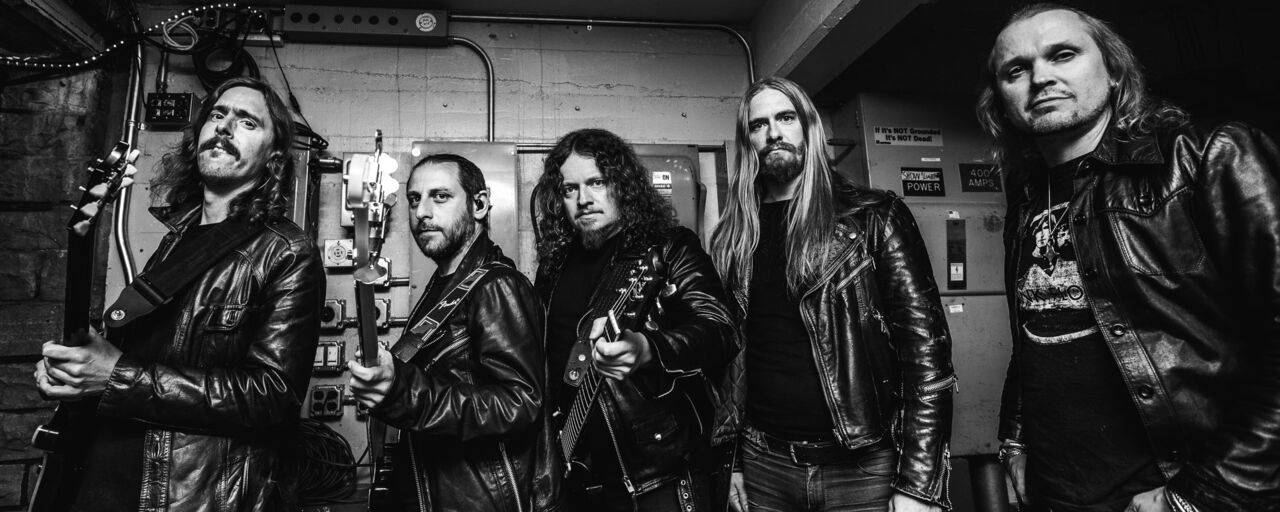
Opeth
Biography
Powered by his outstanding leader, guitarist and singer, Mikael Akerfeldt, Opeth is one of the most original bands in recent years. From his first album, he renews the Metal by offering a mix of style and keeping a perfect consistency. Opeth is also one of the few groups to have given birth to only masterpieces. The band's history began in 1990 when Mikael Akerfeldt, a young Swedish, joined the band of guitarist David Isberg, Opet, to take up the position of bassist. The old project of Akerfeldt, Eruption, is at a standstill, allowing him to invest completely in the very young combo. However, the group already has a bassist which creates a climate of tension between the members. The other members created a new group, Crowley, while David and Mikael retained the name of Opet, adding the "h" to form their group. They were joined by Anders Nordin on drums, a childhood friend of Mikael Akerfeldt, and Peter Lindgren on guitar, while David Isberg left the band in early 1992. The band then began recording its first songs as Opeth. Remarked by the very young Ihsahn ( Emperor ) who fell on a rehearsal tape, he signed with Candelight and recorded Orchid in March 1994. Johan DeFarfalla takes care of the bass on this album and becomes a permanent member. Thanks to this magical album, Opeth creates a new style, his style, begins to broadcast his Death Progressive and Mélodic, and becomes a major band of the extreme scene. The originality of the band comes from the number of its musical influences, such as Death, Black, Heavy, Rock, Jazz or Folk, creating dark, melancholic and inspired music. The band confirmed two years later with Morningrise, their second album, allowing them to start a European tour with bands such as Morbid Angel or Cradle Of Filth. After the tour, Johan DeFarfalla was ousted from the band and Anders Nordin left him to live in Brazil. Martin Lopez, a Uruguayan fan of the band, who played only double bass and grind games, took the spot of drummer left vacant by Nordin. My Arms, Your Hearse, the band's third opus, recorded in August/September 1997, sees the band take a more violent direction, refocusing on a heavy metal, even if it retains its acoustic grace. Transition album, but a new masterpiece from Opeth. Moreover, the line up stabilizes with the arrival of a new bass player, Martin Mendez, another Uruguayan, friend of Martin Lopez. Opeth dazzles us again with Still Life in 1999, less direct, more progressive, which indicates impressive musical maturity. Its successor, Blackwater Park, was born in 2000. It is simply an essential album of metal history, musical wonder with a unique atmosphere. The involvement of Steven Wilson ( Porcupine Tree ), who occupied himself with the sound, some acoustic and vocal parts, as well as the piano, is certainly not foreign. In 2002, Opeth released his sixth opus, Deliverance , his most violent album, the darkest and probably the most accomplished musically, followed by his opposite, a few months later, early 2003, Damnation , almost exclusively composed with acoustic guitar, fine and melancholic, with the touch of Steven Wilson's synths. Per Wilberg (Spiritual Beggars) accompanied the group to the position of keyboardist for the tour and became a permanent member of the band in early 2005. Opeth then released Ghost Reveries in August 2005 before immortalizing the promotional tour, which followed with a double live: The Roudhouse Tapes .
.
Discography
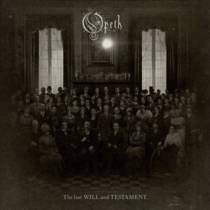
The Last Will And Testament
2024
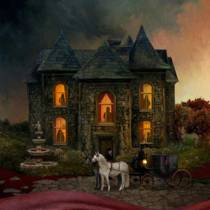
In Cauda Venenum
2019
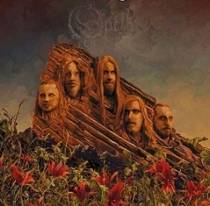
Garden Of The Titans: Live At Red Rocks Amphitheatre
2018
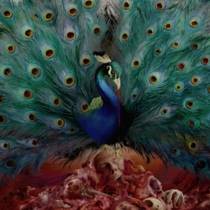
Sorceress
2016
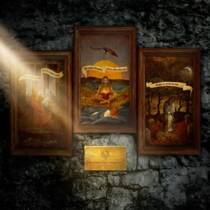
Pale Communion
2014
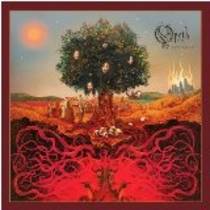
Heritage
2011

In Live Concert At The Royal Albert Hall
2010
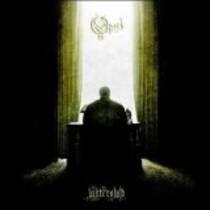
Watershed
2008
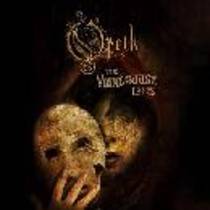
The Roundhouse Tapes
2007
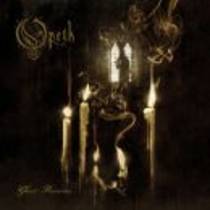
Ghost Reveries
2005
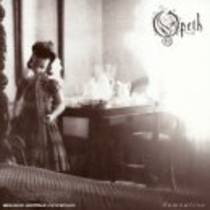
Damnation
2003
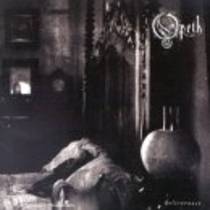
Deliverance
2002
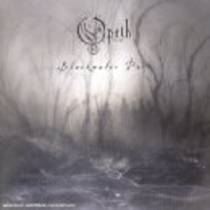
Blackwater Park
2000
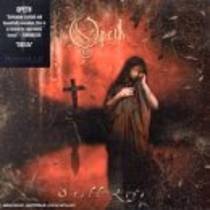
Still Life
1999
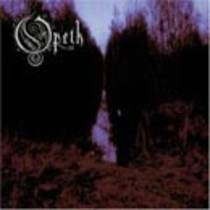
My Arms, Your Hearse
1997
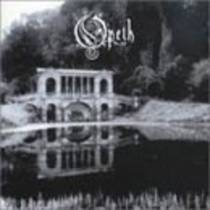
Morningrise
1996
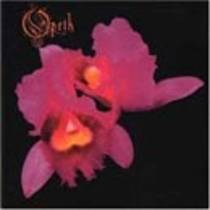
Orchid
1995

